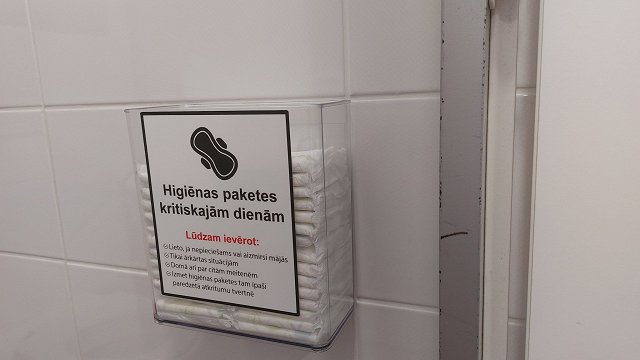Chromatic materials for smart windows and zero-energy buildings, developed by the University of Latvia's Institute of Solid State Physics, has been recognized by the Latvian Academy of Sciences as one of the most important achievements of the last year in Latvian science.
The material is a multi-layer coating that is thinner than the diameter of a human hair and is able to change its properties depending on external interaction, namely both temperature and lighting.
“We have developed a new material yttrium oxyhidride, which is a mixed anionic material. The main characteristic of this material is that it changes its optical properties when it is illuminated either with blue or ultraviolet lights. We can use this feature in smart windows as well as optical sensors,” said Mārtiņš Zubkins, lead researcher at LU CFI.
The thin, multi-layer coating is made of cheap materials, so their introduction to industrial production could be relatively simple in the future and a consumer-friendly solution.
“At the moment, we are at that stage when windows can already be developed that would have the effect of reducing thermal losses, the thermal flow through the window. For example, modern buildings may lose up to 30% of energy if there are no such windows,” said Juris Purāns, head of LU CFI Thin Films Laboratory.
The Institute has just received €2.4 million of European Union funding. The money will be used to fund a new laboratory and group of researchers that will continue to develop of such materials for windows.

























